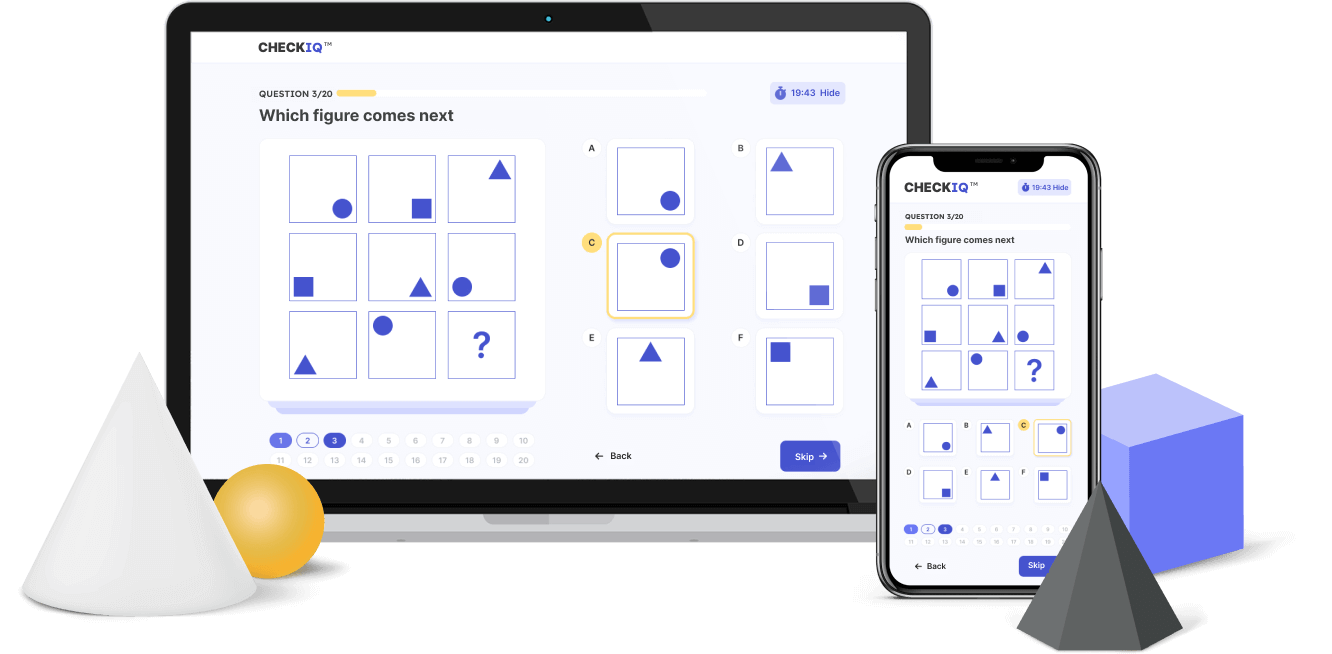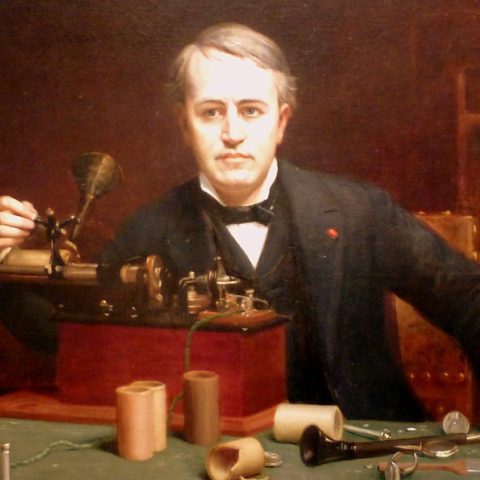Thomas Edison Had an IQ of 145
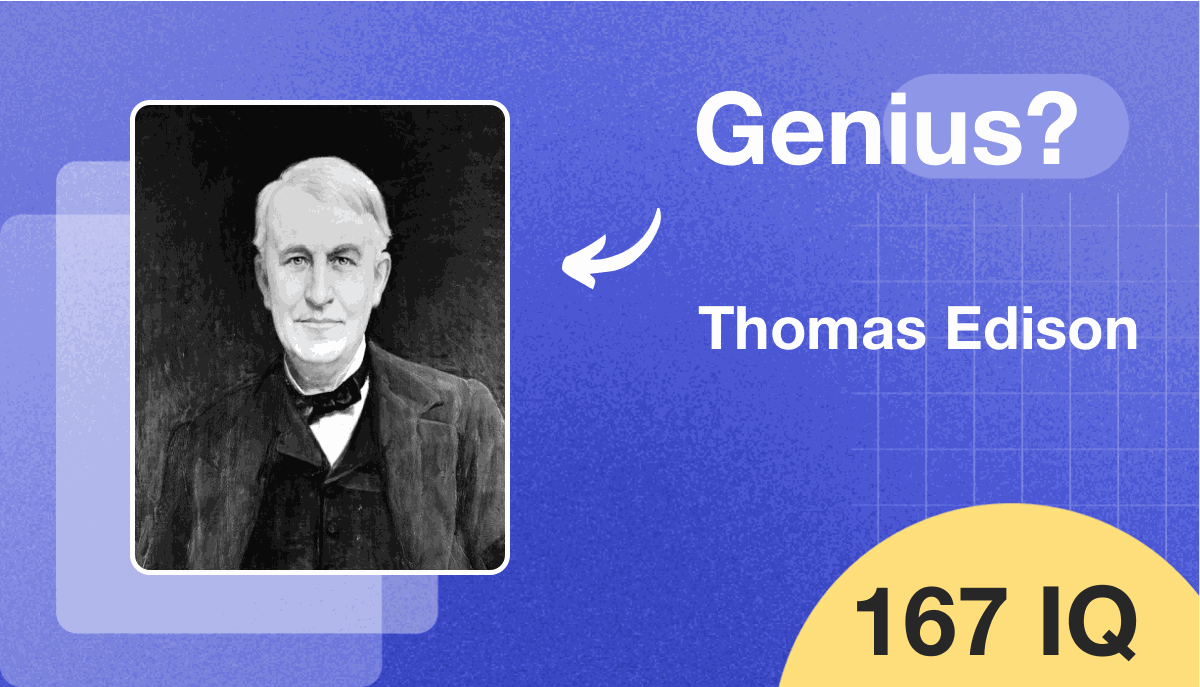
You probably know Thomas Edison for inventing the lightbulb, but did you know his genius went beyond just inventions? While there's no documented IQ score for Edison, his intelligence is often debated. What made him a genius was not just his ability to invent, but how he approached learning and problem-solving.
Thomas Edison’s Famous Intelligence Test
One thing that might give us a clue about Edison’s IQ is the infamous 146-question intelligence test he created for potential employees. If you think your boss is tough, imagine trying to work for Edison! This test wasn’t your standard job interview quiz; it was full of obscure trivia questions, many of which had nothing to do with the actual work. It seemed like Edison designed the test to humble anyone who thought they were smart enough to work with him.Even Albert Einstein reportedly failed the test, struggling to recall the speed of sound. Edison’s test made it clear that he wasn’t just looking for someone who knew facts—he wanted to see how people handled pressure and intellectual challenges.
The Real Nature of Edison’s Genius
Edison didn’t see himself as a typical genius. In fact, he once famously said, "My so-called inventions already existed in the environment—I’ve created nothing. Nobody does." Edison believed that genius wasn't about creating something from nothing; it was about improving what already existed. His strength lay in taking existing ideas and making them better, more practical, or cheaper. One of his most famous quotes is, “Genius is 1% inspiration and 99% perspiration.” This perfectly sums up Edison’s approach. He didn’t wait for “eureka” moments. Instead, he would tirelessly experiment, test, and refine his ideas until they worked. His ability to persevere through failure and learn from his mistakes was the key to his success.Edison the Businessman
It’s important to note that Edison wasn’t just an inventor—he was a brilliant businessman, too. He understood that inventions weren’t enough on their own; they had to be part of a larger system that could be sold to the public. For example, his invention of the lightbulb wouldn’t have been successful without the electric power systems he created to support it. He didn’t just want to light up a single room—he wanted to electrify cities!Edison knew how to work the media as well. He crafted a public image of himself as the “Wizard of Menlo Park”, and he used this image to promote both himself and his inventions. This clever self-promotion helped him secure financial backing from major figures like J.P. Morgan, allowing him to keep innovating.
A Master of Innovation, Not Just IQ
Despite the myths, Edison didn’t claim to have a sky-high IQ. He didn’t believe in the “lone genius” idea we often hear about today. Instead, Edison understood that success was a team effort. He hired teams of engineers, machinists, and researchers to work with him in his laboratories, and he valued the collective work they did together.Although his IQ wasn’t documented like modern-day figures such as Albert Einstein, many historians argue that Edison’s true genius was his determination, curiosity, and ability to see the bigger picture. He didn’t rely on intellect alone; he worked tirelessly, learned from his failures, and understood the importance of business.
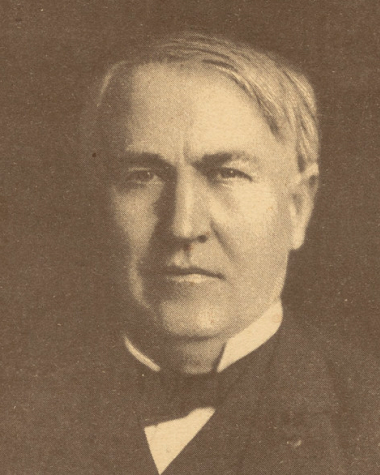

Average Confidence Level
LowWe averaged the IQ scores from four sources to estimate Thomas Edison's IQ, namely IMDB, InspireMore, AcademicTips.org and IQ-test.org. In at least one case, we took the average of the provided scores.
 Confidence Level: Low
Confidence Level: Low
 Confidence Level: Low
Confidence Level: Low
 Confidence Level: Low
Confidence Level: Low
5 Life Achievements That Show How Smart Thomas Edison Was
- Phenomenal Patent Record: Thomas Edison held over 1,000 patents for his inventions. This staggering number reflects his immense creativity and contribution to technology. His innovation spanned various fields including telecommunications, electric power, and sound recording.
- Invention of Phonograph: Edison invented the phonograph in 1877, a groundbreaking device capable of recording and replaying sound. This was unprecedented at the time, laying the groundwork for the future of audio recording and playback technology. This feat is even more impressive when you consider that Edison was partially deaf!
- Electric Light Revolution: His development of the practical incandescent electric light bulb in 1879 revolutionized domestic and commercial lighting. He effectively transformed society by extending the usable hours of the day, making electricity an indispensable part of modern life.
- Motion Picture Camera: Edison played a vital role in the development of the motion picture camera and significantly impacted the entertainment industry. His inventions in this area helped to lay the foundation for modern film, enhancing the way stories could be told and experienced.
- Electric Power Distribution: He was a pioneer in the development of the electricity supply system, inventing the first electric power distribution system in 1882. This system effectively powered homes and businesses, marking a monumental step towards the modern electrical grid.
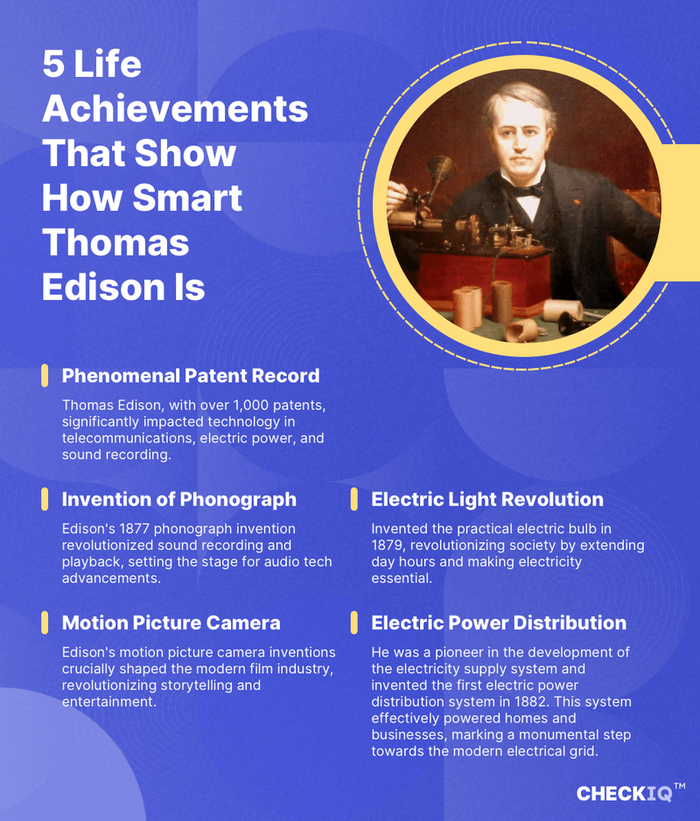
Try our accurate online IQ Test. Get your IQ score immediately.
Start IQ Test
How Does Thomas Edison's IQ Compare to the Rest of the World?
Thomas Edison's IQ of 145 places him among the world’s brightest minds. This score easily surpasses the entry requirement for elite high-IQ societies like Mensa (130 IQ) and Intertel (135 IQ). His IQ also qualifies him for the Triple Nine Society (146 IQ), making him part of an incredibly select group. Although just shy of the Epimetheus Society’s 160 IQ requirement, Thomas Edison’s intelligence is still within the top 0.1% of the global population.
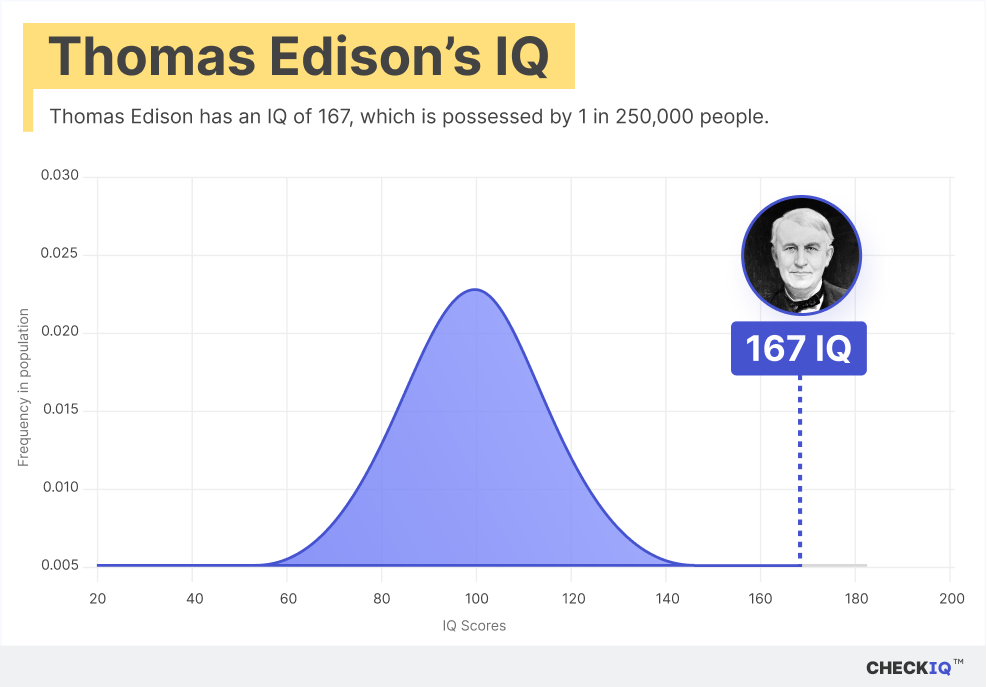
Was Thomas Edison The Smartest Inventor?
Thomas Edison is renowned as one of the most brilliant inventors in history, alongside luminaries such as Louis Pasteur, Archimedes, and Leonardo da Vinci. However, it's important to consider other exceptional minds who have significantly impacted our world through their innovations and ideas.
In the realm of modern technology, Vitalik Buterin stands out with his extraordinary IQ of 257. As the creator of Ethereum, a revolutionary blockchain platform, Vitalik exemplifies how exceptional intelligence can lead to groundbreaking technological advancements.
Walter O'Brien, with an IQ of 197, has made significant contributions in the fields of computer security and artificial intelligence. While his work differs from Edison's inventions, it is equally crucial in our increasingly digital world.
OpenAI's Sam Altman, whose IQ of 170 is closer to Edison's, has made his mark by fostering innovative startups and advancing artificial intelligence research. Like Edison, Altman's efforts are focused on developing technologies that have the potential to transform society.
Steve Jobs, with an IQ of 160, may not have invented the light bulb, but his contributions to personal computing and mobile technology have fundamentally altered how we interact with digital devices on a daily basis.
Lastly, Howard Hughes, possessing an IQ of 159, demonstrated remarkable versatility in his achievements, spanning advancements in aviation and contributions to the film industry.
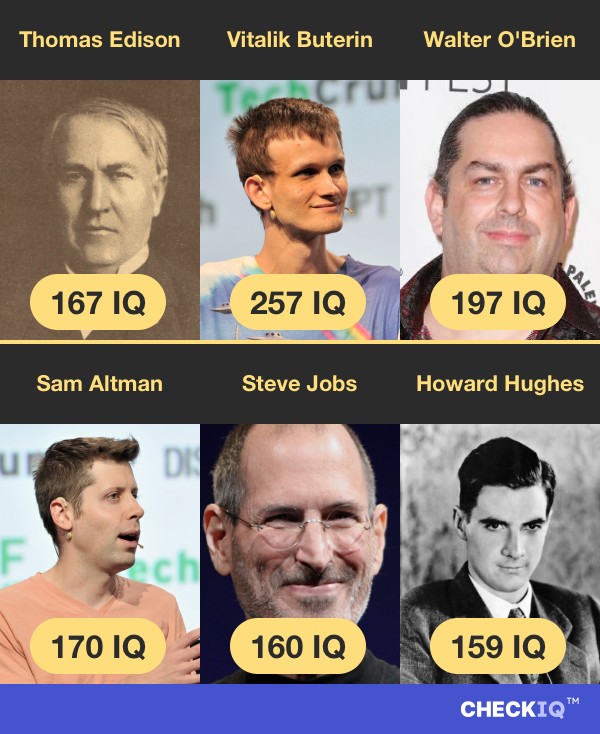
Do you see Thomas Edison's IQ as an asset or just a number? Join the dialogue in the comments section below!
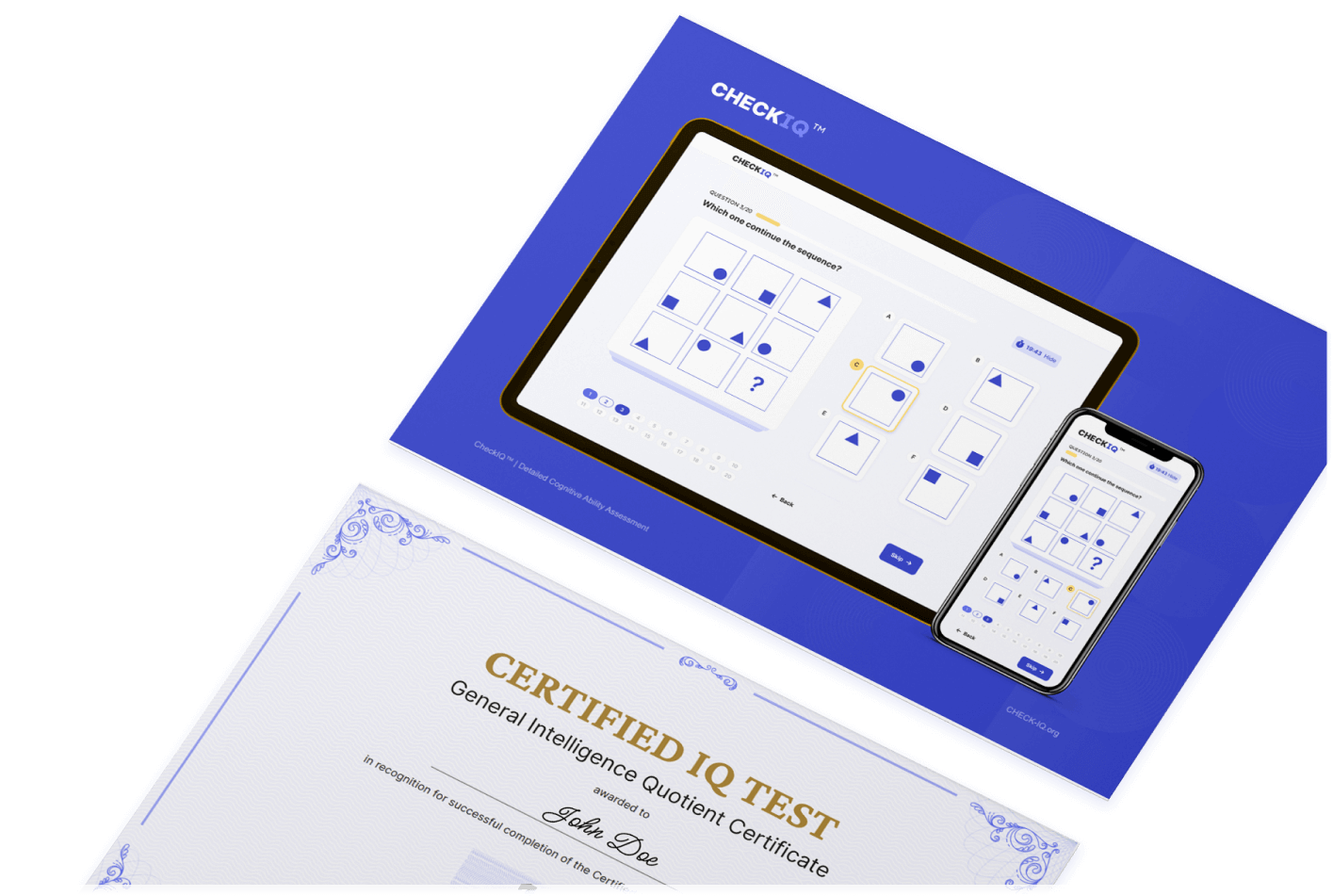
Explore the IQ of Other Celebrities
-
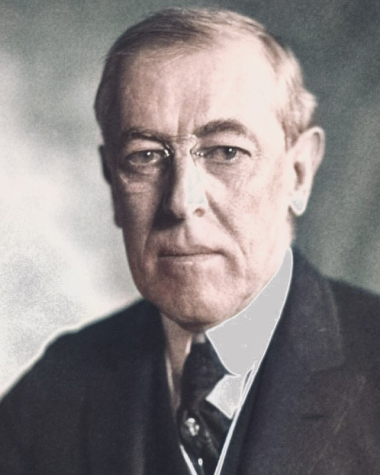 Woodrow Wilson144 IQ
Woodrow Wilson144 IQ -
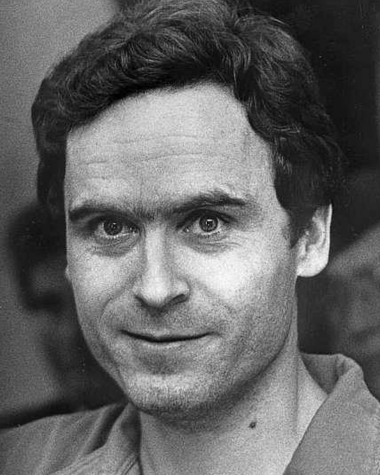 Ted Bundy124 IQ
Ted Bundy124 IQ -
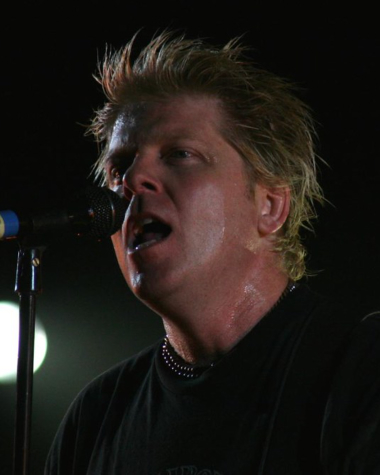 Dexter Holland160 IQ
Dexter Holland160 IQ -
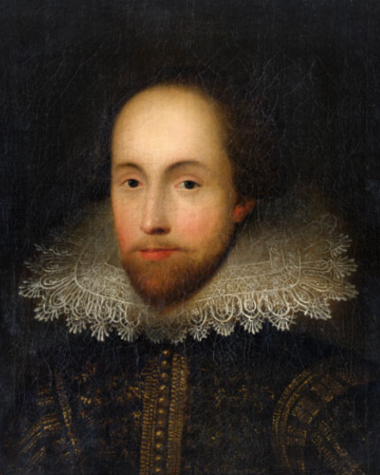 William Shakespeare210 IQ
William Shakespeare210 IQ -
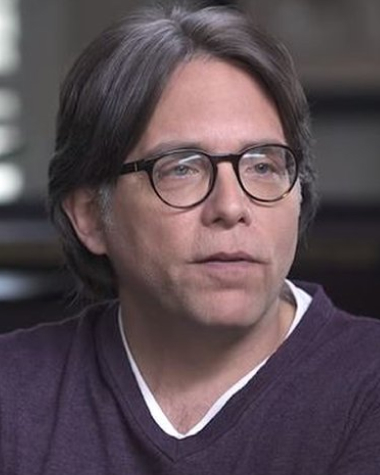 Keith Raniere240 IQ
Keith Raniere240 IQ -
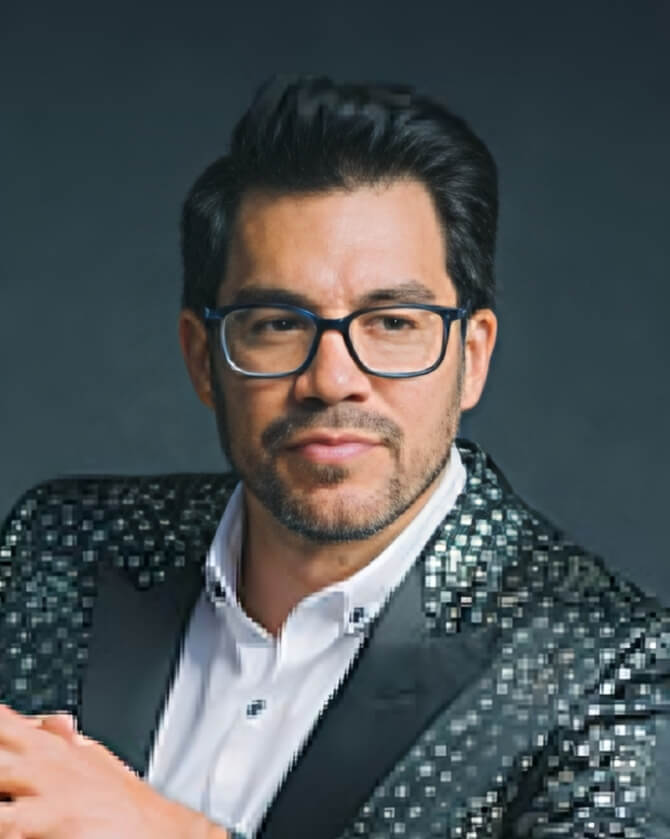 Tai Lopez140 IQ
Tai Lopez140 IQ
